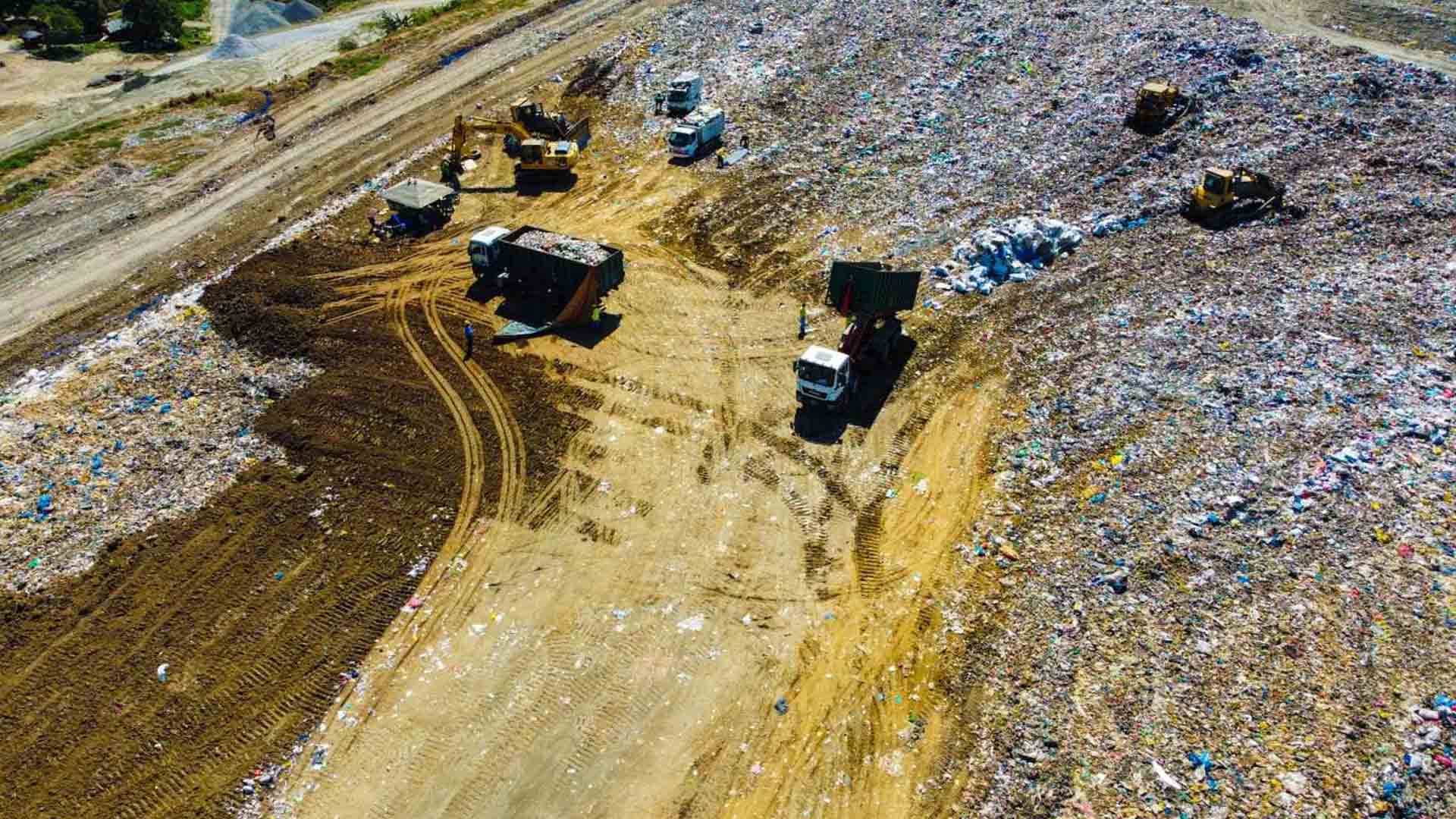One year after its onset, the coronavirus pandemic continues to put pressure on healthcare workers and medical facilities across the country. As the government addresses the growing number of cases, and vaccinations are now truly underway, the Philippines is reminded of another looming concern: because by significantly increasing the medical and plastic waste generated as part of fighting and living with the virus, COVID-19 has also added to the country’s growing garbage problem.
According to the Asian Development Bank’s (ADB) forecast, hospitals in Metro Manila alone generate 280 metric tons of medical wastes daily during the pandemic, a 595% increase from the 47 metric tons that healthcare facilities produce each day prior to the pandemic.

Leading waste management firm Metro Clark Waste Management (MCWM) says the challenge is growing, as hospitals, local governments, and medical waste treatment facilities work to continually treat and dispose of infectious waste produced daily.
“Handling waste generated in our hospitals and other medical facilities such as quarantine sites and COVID-19 testing centers requires a mandatory and complex process to ensure public health and safety. It is a scheme that needs a concerted effort from different stakeholders as the waste goes from trash bin to landfill,” remarks MCWM executive vice president Vicky Gaetos.

Healthcare waste includes used PPEs, dressings, swabs, blood bags, urine bags, sputum cups, syringes, and test tubes. Given that these are classified as high-risk, disposals from medical facilities undergo a long journey in a treatment facility before they arrive at a sanitary landfill or a designated site that can properly dispose of infectious waste. According to MCWM, medical wastes from local government units (LGU) and private and industrial companies are treated first by medical waste treatment companies before they are disposed of at its landfill.
The problem with plastic
Alongside the increased volume of infectious waste is the surge in the amount of plastic from all sources, whether directly related to fighting COVID, such as face masks, face shields, gloves, and alcohol and sanitizer bottles, or just regular disposable plastic packaging that we have all become accustomed to during lockdown, such as disposable packaging and utensils. Gaetos remarked that MCWM is well prepared to meet the expected increase in demand for landfills, regardless of the type of waste in question.
According to the 2021 study ‘COVID pollution: impact of COVID-19 pandemic on global plastic waste footprint’ by Heliyon, a global all-science, open-access journal, the Philippines ranks 17th worldwide in terms of global plastic waste generated from COVID-19 facemasks, with an estimated 41 million units discarded daily.
“Plastic has been an environmental issue even before the pandemic. With the public utilizing personal safety implements such as face masks and face shields regularly, we are well prepared to accommodate the increased demand for proper waste management of such plastic waste products, along with treated infectious waste,” Gaetos says. “We reiterate the need for a strategic and efficient waste management program that can maintain the integrity of our public’s health and that of our land and water resources,” Gaetos added.
Even before the current pandemic, the Philippines was already dealing with a growing garbage crisis, with much more waste being generated than the available disposal capacity. The COVID-19 pandemic has merely highlighted this.
Whether it is treated hospital and industrial waste or household garbage, MCWM has been helping its LGU clients and corporate customers meet their waste disposal needs for over 20 years, in full compliance with the government’s Ecological Solid Waste Management Act since the first day of the company’s operations.
“The garbage crisis is not something new. It is a very real issue that unfortunately doesn’t get as much coverage as it should,” says Gaetos.
“While there is really nothing positive about this pandemic, the issue of infected waste has helped draw attention to this long-standing garbage problem. The key is to acknowledge these points and work together to solve them through efforts from the individual, community, local, and national levels. MCWM is working closely with local government units, medical facilities, and our peers in the industry to ensure that we all live in safe, clean spaces not only during this pandemic but even once we are finally out of it.” Gaetos closes.





















